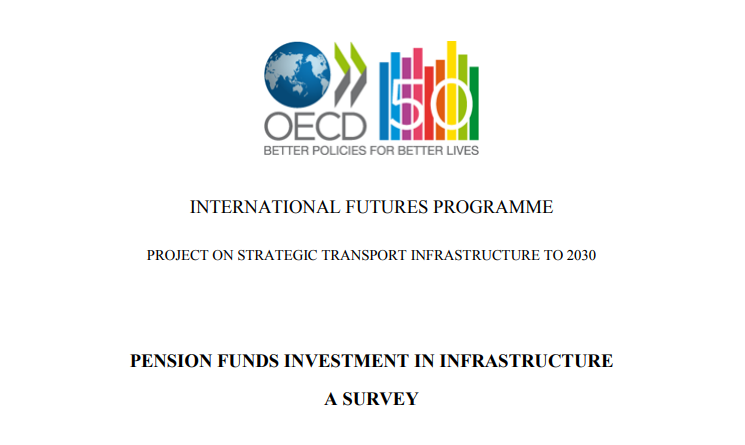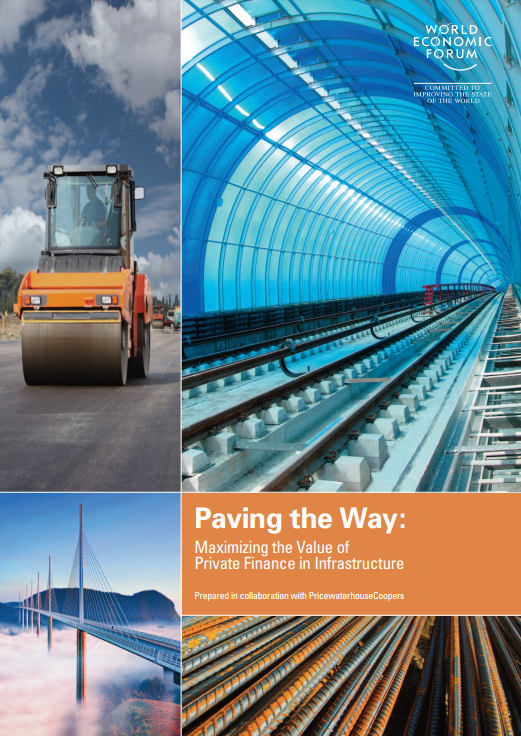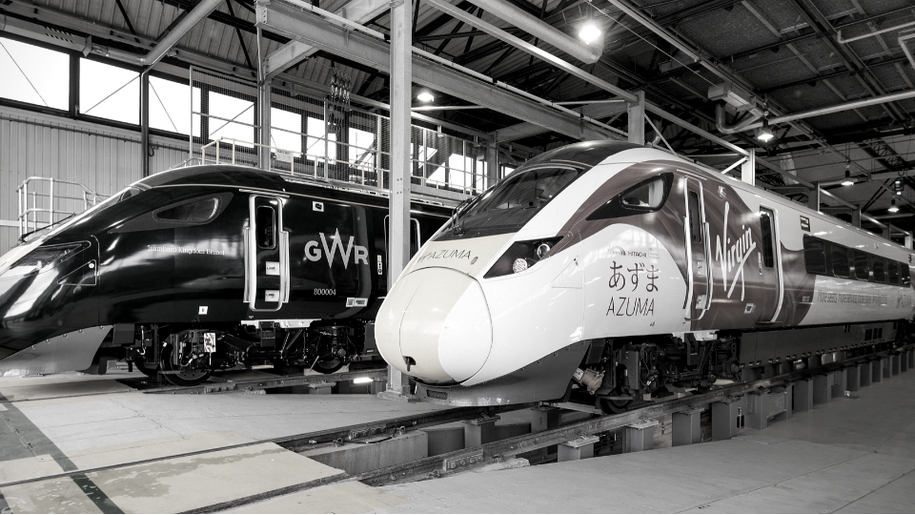1021 results found
Featured results



More results
The country partnership strategy lays out a program of priority activities to support each of three pillars and promotes rebalancing ADB financing toward infrastructure projects in support of the government’s Build, Build, Build infrastructure program.

Government officials from the Philippines visited the GI Hub today in Sydney to hear about the Hub’s work, and to discuss Public-Private Partnerships (PPPs) and the role they can play in delivering infrastructure.
This brief outlines some of the issues surrounding permitting and licencing regimes for renewable energy projects and why they are important

This website provides a set of resources on using performance based contracts to reduce non-revenue water. It includes tools and project preparation guidelines, case studies and training material.

Pension investment in infrastructure is moving mainstream, at a time when this move will have even greater potential to help drive positive impacts

The objective of this survey-based study was to understand the main problems encountered by pension funds when investing in infrastructure.





The paper “Partnering to Build a Better World: MDBs’ Common Approaches to Supporting Infrastructure Development” presents a brief description of how MDBs work with their Borrowing Member Countries (BMCs) .

The paper Partnering to Build a Better World: MDBs Common Approaches to Supporting Infrastructure Development presents a brief description of how MDBs work with their Borrowing Member Countries (BMCs) .

To celebrate International Women’s Day 2022, we interviewed three female leaders at the GI Hub to explore how we can collectively #BreakTheBias and address inequality in infrastructure. The second Q&A in this series is with Cinthya Pastor, GI Hub’s Director of Economics.
To celebrate International Women’s Day 2022, we interviewed three female leaders at the GI Hub to explore how we can collectively #BreakTheBias and address inequality in infrastructure. The third Q&A in this series is with Monica Bennett, GI Hub’s Director of Thought Leadership.
To celebrate International Women’s Day 2022, we interviewed three female leaders at the GI Hub to explore how we can collectively #BreakTheBias and address inequality in infrastructure. The first Q&A in this series is with Maud de Vautibault, GI Hub’s Director of Practical Tools and Knowledge.
We asked the Top 10 teams a few questions to find out what makes them tick, key learnings from their start-up journey and what drives them.
We asked the Top 10 teams a few questions to find out what makes them tick, key learnings from their start-up journey and what drives them.
GI Hub’s Sam Barr, explores why the time has come for a long-term approach to investment in health infrastructure.
The purpose of this blog series is to highlight some of the interesting aspects of the PPP Contract Management Tool to facilitate discussion around those issues. PPP approaches and practices are constantly evolving, and it is important to debate interesting topics to develop better practices and help governments deliver higher quality PPP projects.
Public-private partnership (PPP) contracts are long-term and they may have a duration of 20 to 30 years or more. Today, where technologies and social priorities (such as views on climate change and sustainability) are changing at an accelerated pace, it perhaps comes as no surprise that changes to PPP contracts through renegotiations are common.
Disputes in public-private partnerships (PPPs) globally involving key performance indicators (KPIs) represent 20 per cent of all disputes, as highlighted in our data using a representative sample of projects from around the world.
Contractual disagreements and disputes are common in PPPs during both construction and operational periods.
Private partner profit motives are frequently cited as a failure of the public-private partnership (PPP) approach. But those profit motives are also part of the fundamental make up of the PPP approach and why it has the potential to deliver better outcomes for the public.




 Infrastucture Monitor
Infrastucture Monitor











